Tinnitus
Table of Contents
Introduction
Tinnitus fills your ears with noises no one else hears. It is a common problem harming more than 50 million people in the United States (US).
Tinnitus can be serious, affecting people’s daily lives. Tinnitus is not a disease. It is a symptom of so many medical conditions. Healthcare providers can not cure tinnitus but they can assist in managing its impact.
What is tinnitus?
If you have tinnitus, your head is filled with sounds — ringing, whistling, clicking, and roaring — that no one else perceives. Tinnitus (tin-NITE-us or TIN-ne-tus) can be sounds that are so mild you might not look at them or so loud they block external sounds coming from the outside beginning.
Is Tinnitus common?
Tinnitus is a common problem that harms more than 50 million people in the United States (US). For about 12 (twelve) million Americans, tinnitus is a persistent and noisy companion that harms their day-to-day lives. People who have tinnitus might have difficulty sleeping or concentrating. Living with tinnitus can create people feel angry, frustrated, & depressed.
What are the first signs of tinnitus?
You might first notice tinnitus because you are developing hearing loss, have a head injury, or have an everyday medical condition such as an ear infection.
Does tinnitus ever go away?
Doctor’s providers might be good to cure tinnitus by treating the underlying condition. When they can not, they recommend tactics to decrease its impact.
What causes tinnitus?
Doctor’s providers do not know exactly what causes tinnitus. They think abnormal activity in the area of your brain that procedure sound might be responsible for tinnitus, yet they do not know how or why, or how to prevent that activity.
What conditions have tinnitus as a symptom?
Tinnitus is a symptom of more than 76% of all disorders that harm our ears. Most people who have hearing loss have tinnitus.
Here are certain ways people develop hearing loss that causes tinnitus:
- Aging: Age-related hearing loss (presbycusis) harms 1 in 3 adults over age 65.
- Exposure to loud noises or explosions: This can occur over time or from a single incident. Exposure to very loud music or working in a very noisy environment can cause hearing lack and tinnitus.
- Ototoxic medications: There is a wide range of medications that can harm your ears. If you are related to tinnitus, ask your doctor’s provider about drug side effects and alternatives.
- Ménière’s disease: This chronic ear disorder harms your balance and hearing.
You can have tinnitus without hearing lack. Providers link tinnitus to about 200 various health conditions.
Here are certain examples:
- Temporomandibular joint disorder (TMJ): Tinnitus is a usual symptom of TMJ, which is a condition caused by inflammation or irritation of the muscles or joints.
- Foreign objects lodged in your ear: Sometimes foreign objects, such as pencils or pens utilized to clean your ears, wind up rupturing your eardrums.
- Allergies: Congestion from allergies can harm your eustachian tube. This tube connects your middle ear and the below of your nose. Congestion that blocks the eustachian tube can retain sound from getting to your ear.
- Vestibular schwannoma (acoustic neuroma): This benign (non-cancerous) tumor affects the nerves that join your brain and manage balance and hearing. People who have neurofibromatosis type 2 sometimes have vestibular schwannomas.
- Otosclerosis. This is thick in your middle ear.
Infrequently, you may have tinnitus when your blood rushes through the greater arteries and veins in your neck. This kind of tinnitus includes sound timed to your pulse or pulsatile tinnitus.
Pulsatile tinnitus can occur as an outcome of having anemia (decreased red blood cell flow) or atherosclerosis (blocked arteries). People who have high blood pressure (hypertension) are more likely to create pulsatile tinnitus than people who have usual blood pressure (BP).
Can tinnitus be a sign of a severe medical condition?
Infrequently, tinnitus in 1 ear may be a sign you have a middle ear tumor (glomus tympanicum). Tinnitus combined with difficulty walking, speaking, or balancing may be a sign you have a neurological disease. Tell your healthcare provider (doctor) if you notice these signs.
How do healthcare providers treat tinnitus?
Tinnitus is not a condition or disease. It is a symptom of other conditions. The following are some actions your provider may take to learn more about your tinnitus:
- Physical examination: Your ears will be examined for any noticeable issues. They may detect signs of pulsatile tinnitus.
- Medical history: They may ask if other family members have a hearing lack if you spend a lot of time around heavy noises or a loud noise from a single event. They may tell you what medications you take.
- Hearing test (audiometry): This test checks your ability to hear a range of tones, displaying your outcomes in an audiogram.
- Tympanometry: Your provider checks your eardrum with a handheld device known as a tympanometer that shows your results in a tympanogram.
- Magnetic resonance imaging (MRI) This test creates detailed images of your body without using X-rays.
Physiotherapy Treatment
Up until now, five methods have been found to be effective as a treatment for tinnitus.
Cervical movements and muscle contractions
It has been demonstrated that controlling cervical tinnitus involves repeatedly moving the neck and engaging the neck muscles. The chosen movements should have the motive of normalizing cervical spine mobility. There is proof that making cervical motions and contracting your muscles lessens tinnitus more frequently than it causes it or makes it worse.
Cherian K et al. who underwent a comparable therapy discovered that tinnitus completely disappeared after 2 to 5 months of workouts and that cervical mobility had significantly improved. Additionally, Sanchez TG et al. reported that head and neck muscle contractions had a quick and consistent effect on the modulation of tinnitus two months later. The daily perception of the tinnitus did not alter, but the tinnitus’s deterioration and improvement did.
Stretching, postural training, and acupuncture
Up to three months following treatment, stretching, posture correction, and auricular acupuncture all dramatically reduce tinnitus. It is recommended to stretch the tense muscles of the neck and shoulders, such as the sternocleidomastoideus muscle, trapezius muscle, levator scapulae muscle, and suboccipital muscle. This approach, which is based on somatosensory stimulation, could be helpful as an additional management strategy.
What happens if I do not have a medical condition?
If your healthcare provider has ruled out medical conditions that differ from hearing loss, their next step is recommending ways to manage the impact of tinnitus on your life. Here are certain examples:
Hearing aids: Many people who have tinnitus have hearing loss. Hearing aids may assist provide relief from tinnitus by making sounds louder and the tinnitus less noticeable. For example, hearing aids may improve the volume of soft sound in your environment, such as the noise made by your refrigerator. Obviously, hearing aids create it simpler for you to hear, which may make it easier for you to ignore tinnitus.
Sound generators: These devices create and deliver sounds to your ears that mask tinnitus. For example, the sound generator may deliver soothing sounds such as a shower or quiet rain. Some people may benefit by using hearing aids that involve sound generators.
Environmental enrichment devices: You can make your own way of masking tinnitus. Tabletop sound machines that generate soothing background noise, recordings of music, nature, or other sounds, or apps for smartphones and tablets can create tinnitus to decrease noticeably.
Relaxation techniques: Tinnitus can be frustrating or stressful. Stress and frustration may create tinnitus more noticeable. Learning techniques to improve relaxation and ease stress can assist people in better dealing with the frustrations of tinnitus.
Counseling options. Some people benefit from mental wellness therapies such as cognitive behavioral therapy (CBT) or acceptance and commitment therapy (ACT). These therapies assist people learn how to pay less attention to tinnitus.
How can I prevent tinnitus?
Protecting your hearing is one of the better ways to avoid tinnitus. Begin by considering all of your usual actions to safeguard your hearing. You may be unaware of all the ways you subject your hearing to loud noises and sounds. Here are certain potential activities that may affect your hearing:
At your workplace. You might work in loud machinery, such as an assembly line, or in gardening or construction. Protect your hearing along with earplugs.
At exercise class. Many gyms play loud music to motivate and motion people through exercise. If that is your situation, utilize earplugs to protect your ears.
At concerts and movie theatres. This is another time it makes sense to utilize earplugs.
Any time you utilize earbuds with your volume turned all the way up. Protect your ears by keeping the volume decreased.
Summary
Tinnitus is a usual problem that may be a sign of an underlying medical condition, involving hearing loss. Tinnitus can create it hard for you to sleep and focus. It can disrupt your daily life, creating you feel frustrated, angry, and depressed. Many times healthcare providers (doctors) can not find a reason why you have tinnitus. Regrettably, providers do not have treatment to silence tinnitus. They do have many ways to assist you manage tinnitus.
FAQs
Sometimes, tinnitus is a sign of high blood pressure (HBP), an allergy, or anemia. In infrequent cases, tinnitus is a sign of a serious problem such as a tumor or aneurysm. Other risk factors for tinnitus involve temporomandibular joint disorder (TMJ), diabetes, thyroid problems, obesity, and head injury.
Try using a white loud noise maker to mask the sound of tinnitus if it is most evident in quiet environments. If you do not have a white noise machine, a fan, soft music or low-volume radio static also may assist. Limit alcohol, caffeine, and nicotine.
While it has no clear prevention or cause, it affects millions of people in the world on some level and can be challenging to cope with. Thankfully, it is entirely possible to live a usual life even with tinnitus.
Evidence suggests that tinnitus is due to changes in neural networks in the brain, so many research efforts are aimed at testing the benefit of magnetic or electrical stimulation (ES) of the brain.
While tinnitus can be caused by conditions that need medical attention, it is often a condition that is not medically serious. However, the distress and anxiety it produces can sometimes disrupt people’s lives.
There is no conclusive proof that stress causes tinnitus. However, there is evidence to suggest the idea that, for a substantial number of people, tinnitus follows or coincides with a period of stress. It is also known that stress can often worsen existing tinnitus.
If the cause is temporary, such as in the case of an ear infection or loud noise, it is most likely that the tinnitus will be temporary. However, if you are experiencing a long-term condition harming the ear, such as Meniere’s disease, your tinnitus may be so many long-lasting or even persistent.

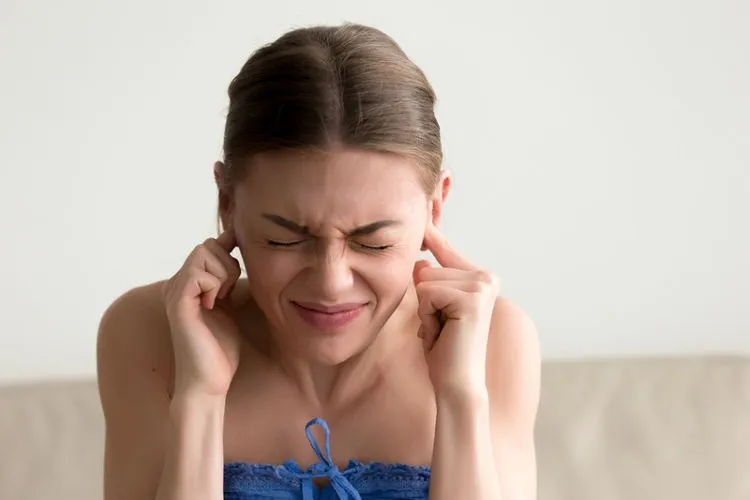
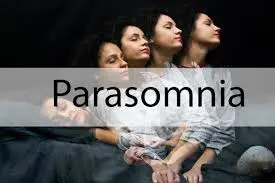

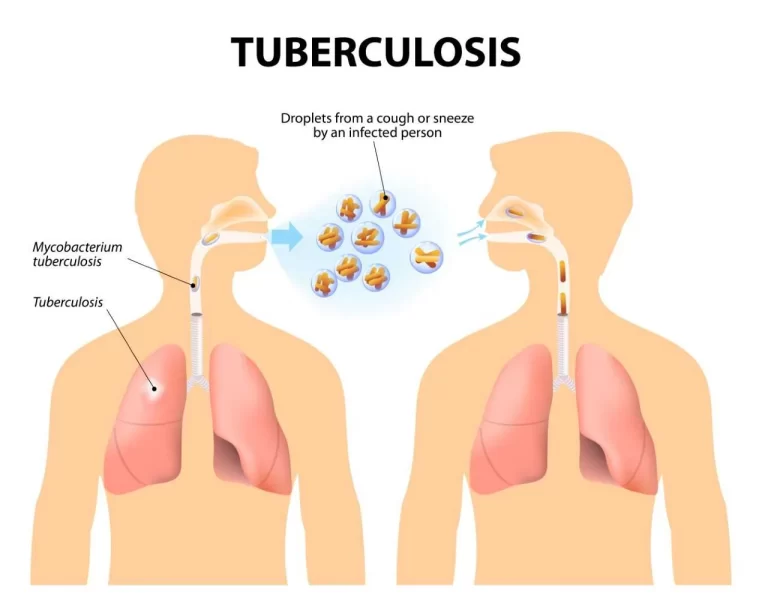
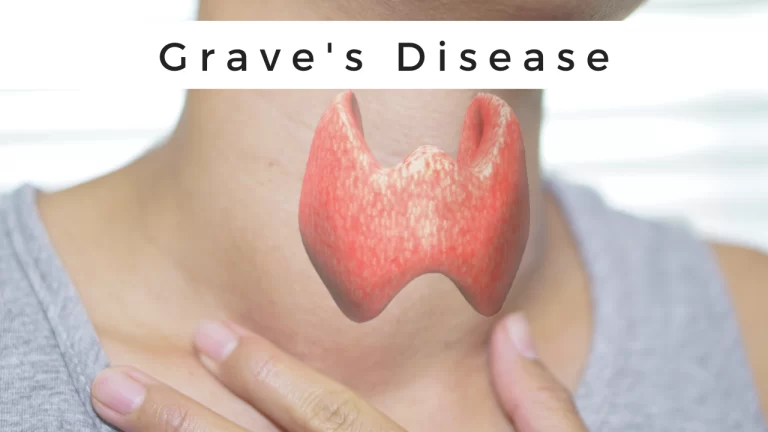

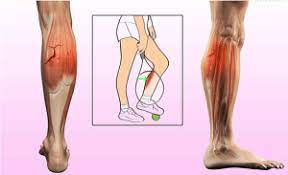
One Comment